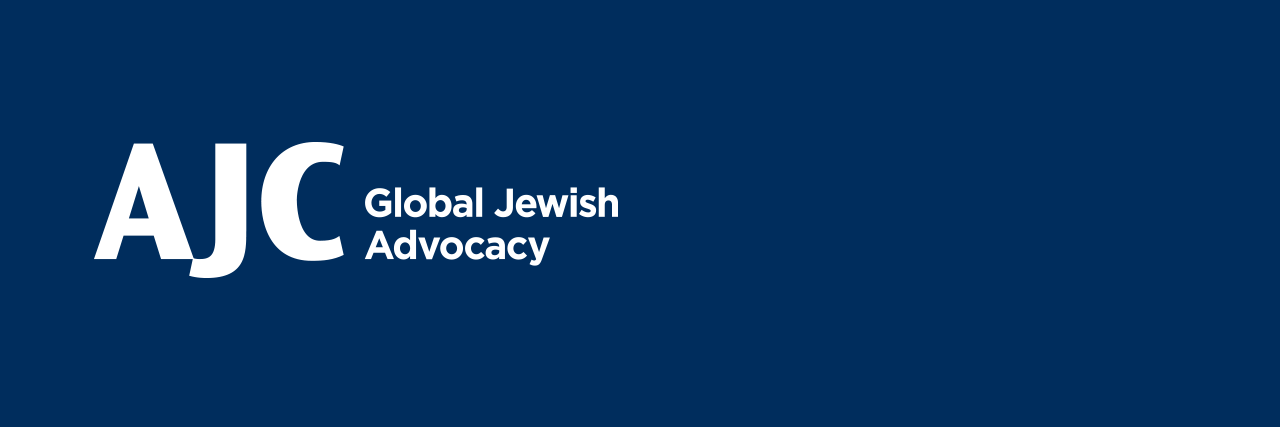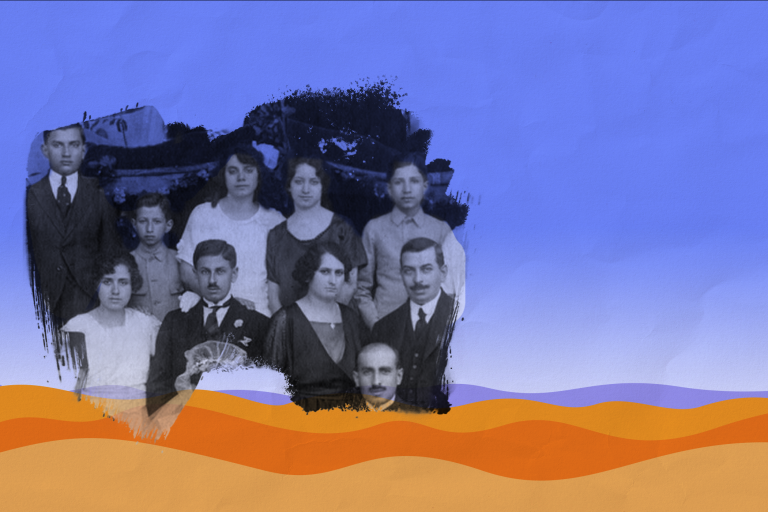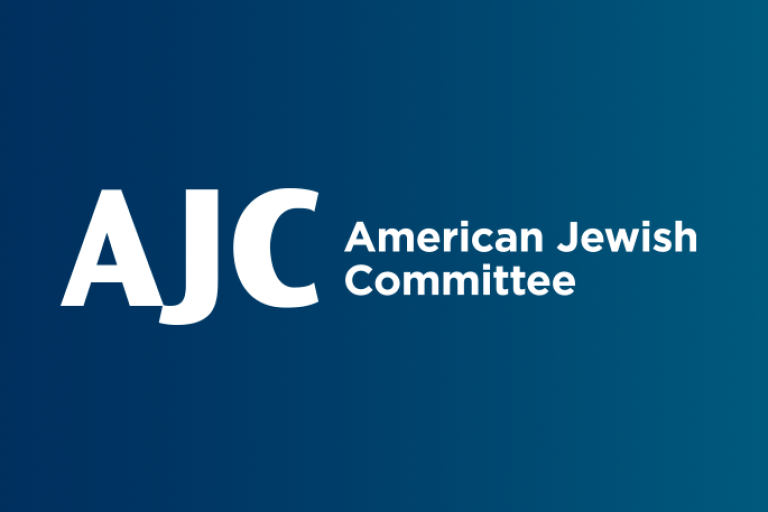November 8, 2019 — Berlin, Germany
By Remko Leehuis
This piece originally appeared in Tagesspiegel.
In 1951, an article was published in the German-Jewish emigrant newspaper “Aufbau” that took aim at the repatriated philosopher Max Horkheimer, who had recently become president of Frankfurt University. The anonymous author raised serious concerns about a return to the post-Nazi society. In response to the article’s allegations, Horkheimer wrote an opposing opinion: “It is not the person who derides others for striving for a substantial change in Germany that honors the millions of Jewish victims of the Hitler regime, but the person who strengthens them.”
The American Jewish Committee (AJC) ran into the same concerns and criticisms from the Jewish community and, understandably, especially from German concentration camp survivors, when it decided to become the first Jewish organization to reestablish contact with Germany as well as strengthen those who strove to make substantial changes. Already in 1959, an AJC delegation travelled to Germany in search of ways to rebuild a democratic Germany, particularly among youth. One year later AJC brought German teachers to the United States for the first time in order to show how democratic values can be taught. These visits aimed to help the Federal Republic of Germany to once again become part of the civilized world and the West. This was a significant leap of faith into West German civil society, faith AJC maintains to this day.
Over 20 years ago, we were the first Jewish organization to open an office in Berlin. In the coming year, we will bring over a thousand of our members and donors to Berlin for the AJC Global Forum, our annual conference that usually takes place in Washington, DC. For more than a few participants, this will be the first time they step foot in the country that disenfranchised, robbed, cast out, and murdered their ancestors. The fact that we have decided to host this event in Berlin, Germany—the site where the “final solution to the Jewish question” was planned and implemented—is renewed proof of our confidence in the Federal Republic, its society, and politics.
However, part of the truth about this confidence is that it was not shaken for the first time by the attack in Halle. Even if the events on Yom Kippur were especially shocking, those in the U.S. and other Western nations have noted with concern that something has shifted in this country and ask if Germany has set course down a different path. Antisemitism has been rising for years, from all corners: right, left, Islamist milieus, and even in the center of society. Jews are once again being attacked on open streets. Some ask if it is even safe to come to Berlin next summer, and if they should be worried.
The fact that nearly 75 years after the Shoah, Jews need to ask these questions and German-Jews question whether there is a future here, is a catastrophe. However, it seems as though this is still not acknowledged by society. Only a few hundred people throughout the country expressed their solidarity with the Jewish community after the attack in Halle does not help stop the continuing erosion of trust in seemingly secure accomplishments. This is not only about the security and future of Jews in Germany. It should also be in the interests of non-Jewish Germans to take up the fight against irrational and delusional ideologies before they devour all of society. Nothing less than the liberal social order in this country is at stake.
Additionally, not only domestic political developments are putting this confidence to the test. Observers in the U.S. are keenly aware of the foreign policy direction taken by Germany in the past few years. Frustrating for many is the soft-pedaling towards the Iranian regime, which threatens Israel’s existence daily. Many ask why Germany, of all countries, finds it so difficult to understand that a regime calling for the murder of millions of Jews means it—it is not some ideological mythos but a central tenant of the regime. Why is an airline that refuses to carry Israelis still allowed to land in Germany? Why is the antisemitic terror organization Hezbollah still allowed to operate in Germany? Why does Germany regularly vote for anti-Israel resolutions in the United Nations? Are short-term political goals and foreign trade balances more important than historical, political, and moral responsibility?
The answers to these questions depend on whether the vote of confidence my organization gave to Germany was justified. So far, the answer is a clear yes. But there is no guarantee that it will stay that way. Here, as in other areas of life, the harder it is to build trust, the easier it is to lose. Politicians and society should be aware of these questions and rising skepticism. Or, to quote Horkheimer, who concluded his reply with, "It seems essential to me that your readers know this."
Remko Leemhuis is Acting Director of AJC Berlin.
(Translated from German by Eric Adamson, AJC Berlin Senior Associate for Research and Policy.)


